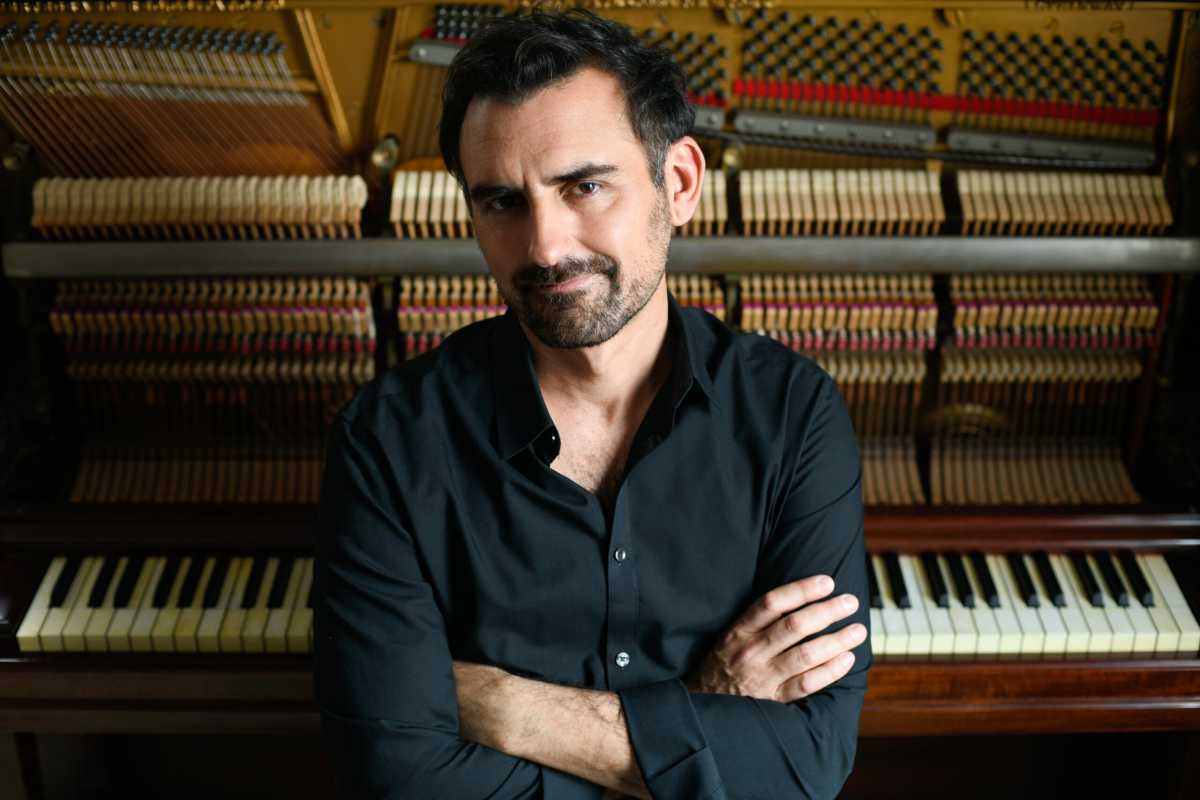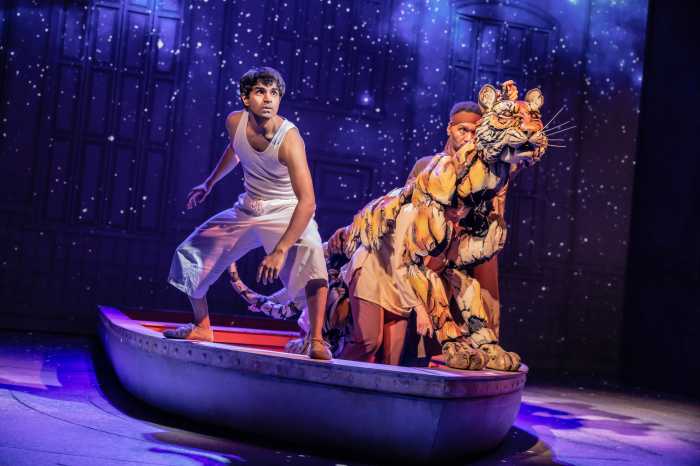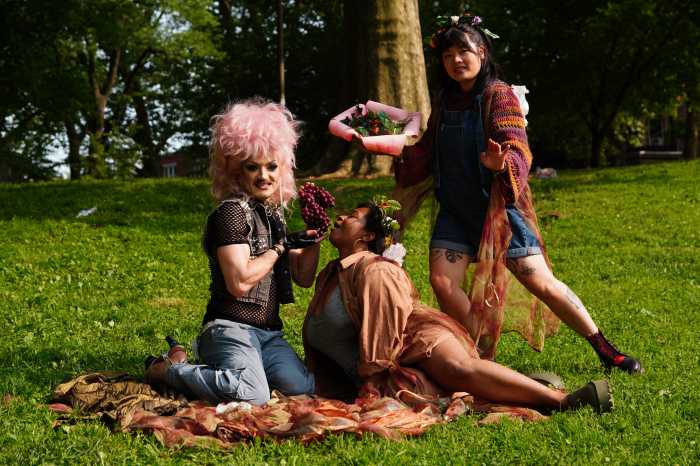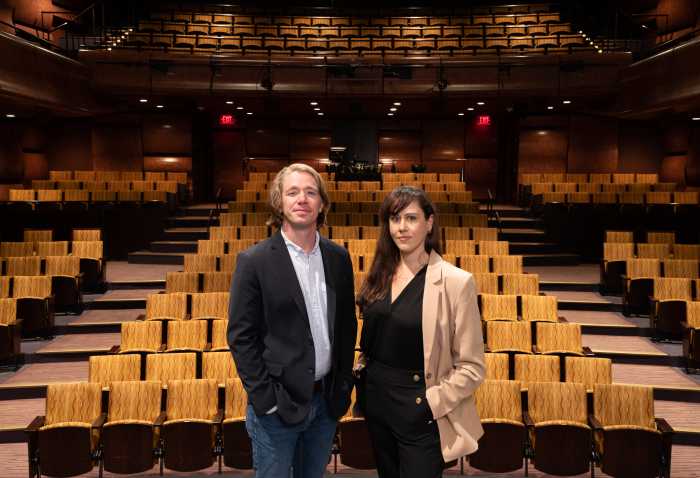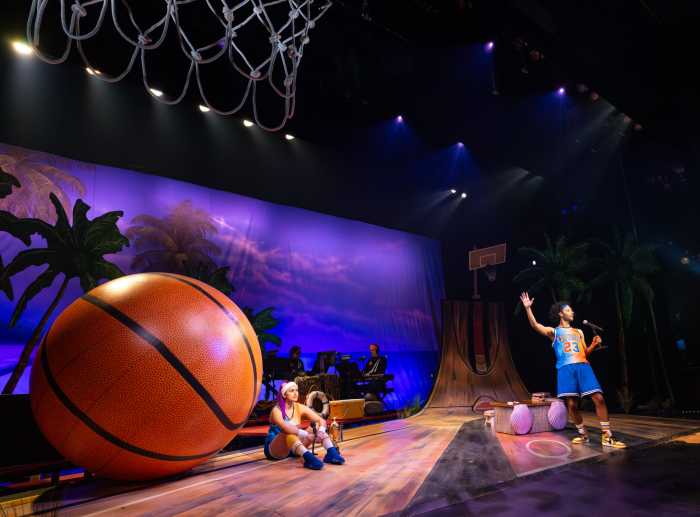He was born in Buenos Aires, Argentina, and lives in New York City, but Emiliano Messiez is an honorary Philadelphian.
The famed pianist, composer and Tipica Messiez bandleader spends a lot of time in the City of Brotherly Love, including his regular schedule at the Philadelphia Argentine Tango School on Frankford Avenue and headlining the annual Philadelphia Tango Festival.
“Since 2017, when I played a Barnes Foundation event for your tango school, I have been part of Philly,” said Messiez, proud of the fact that his new album ‘Psicoporteno’ is co-produced with the Philadelphia Argentine Tango School.
“This orchestra I am leading was especially created for tango dancers, social dancing and their events – for people who are listening and feeling the music, the uniqueness of the tango’s rhythms and melodies,” he continued. “And Philadelphia is very much a haven for this music. I love Philly, and don’t know why I don’t actually live there, knowing to how much time I spend there. The tango community there is super nice and huge; so huge you’ll find dancers from NYC there on a regular basis.”
“In Philadelphia, I found this beautiful city with this beautiful school and all of these beautiful tango events, along with so many amazing people.”
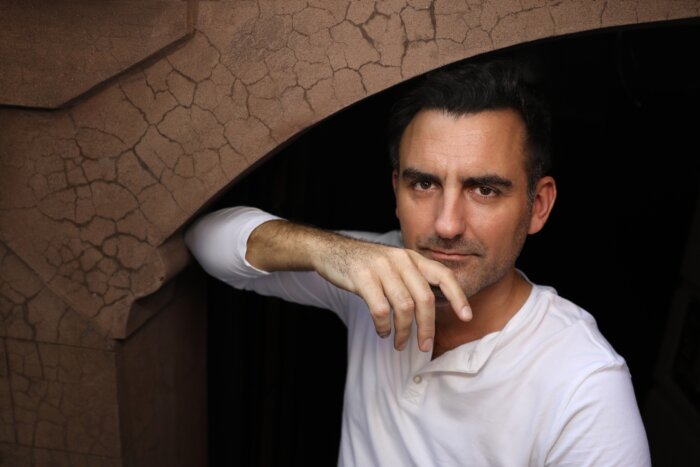
Beyond Philadelphia and his new album, Messiez is also busy releasing his first bilingual theater musical album for young audiences: ‘The Guava Tree / El Guayabo’, a new bilingual musical for young audiences. With its music by Messiez, and its book/lyrics by Diana Grisanti, ‘Guava Tree’ has already been seen by 40,000+ students in a live production starring Ilda Mason (Steven Spielberg’s ‘West Side Story’) and Pablo Torres (‘¡Americano! The Musical’). Recorded in New Jersey, Messiez’s original stage musical soundtrack features musicians popular to the Latin jazz scene such as Ramón Ponce, Diego Urcola, Mario Gusso and Luis Bacqué.
“My background is varied in that I am classically trained and have played jazz often,” said Messiez. “Musicals such as this allow me to stretch, and when it comes to ‘The Guava Tree’, the beautiful place I create in allows me to follow Diane’s story with Latin rhythms and pop, and, even a tango number.”
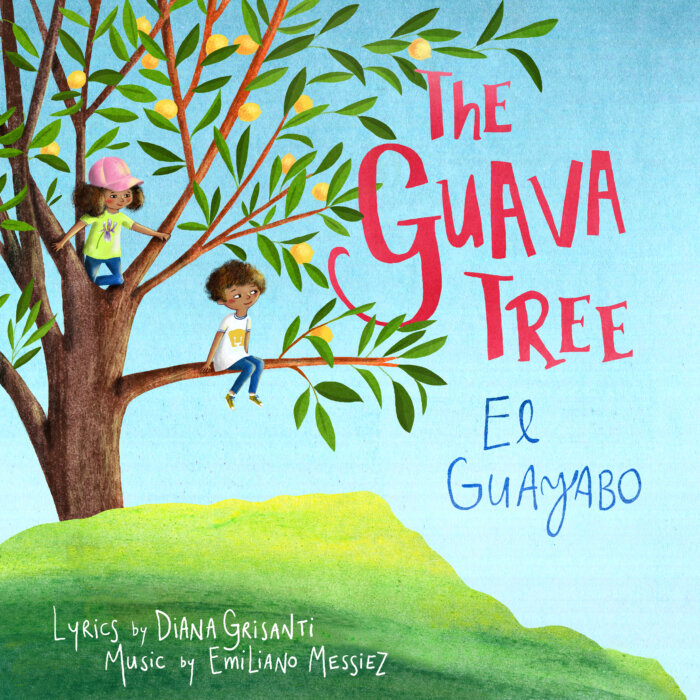
The ‘Guava Tree’ is a bilingual production, and open, not only to audiences of all ages, but varied Latin languages.
“Along with audiences who might only speak Spanish, there are so many people who actually speak both languages. When we toured art centers, schools and museums in the Southwest last year, we found many richly diverse crowds anxious to hear what we were doing. That was crucial to us. As a composer, that allows us greater reach. Inclusion is importance.”
When asked if it is by happenstance that the main character of ‘The Guava Tree’ shares Messiez’s first name, the pianist laughs.
“That is funny. Diana lived in Mexico for several years, and just happened to hear that name often, an Italian name, but one familiar in Mexico for Emiliano Zapata (a leading figure in the Mexican People’s Revolution of 1910–1920). I was so surprised to see that name when I started writing the music. We are both immigrants, Guava Tree’s Emiliano and I, however, with fantastic stories to tell.”



